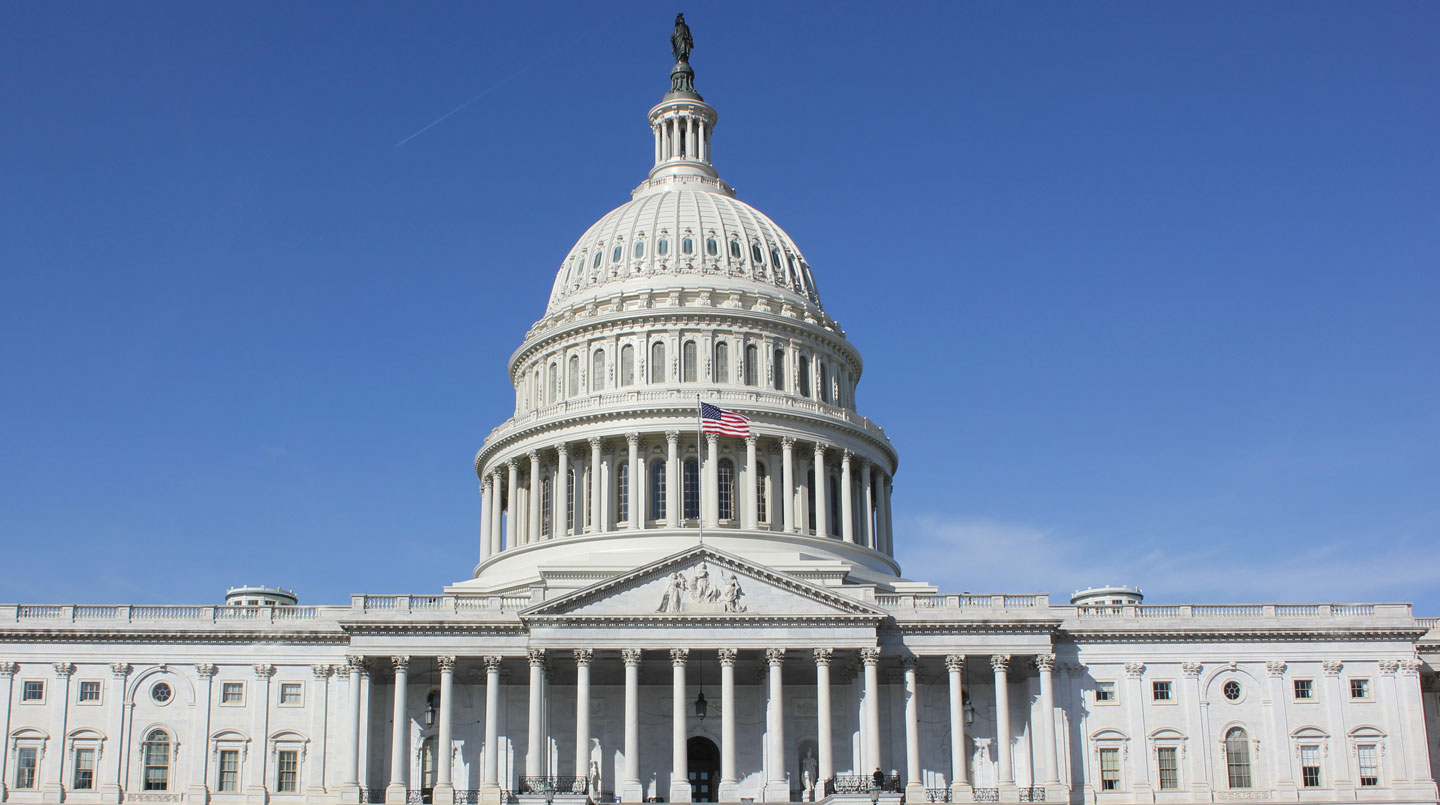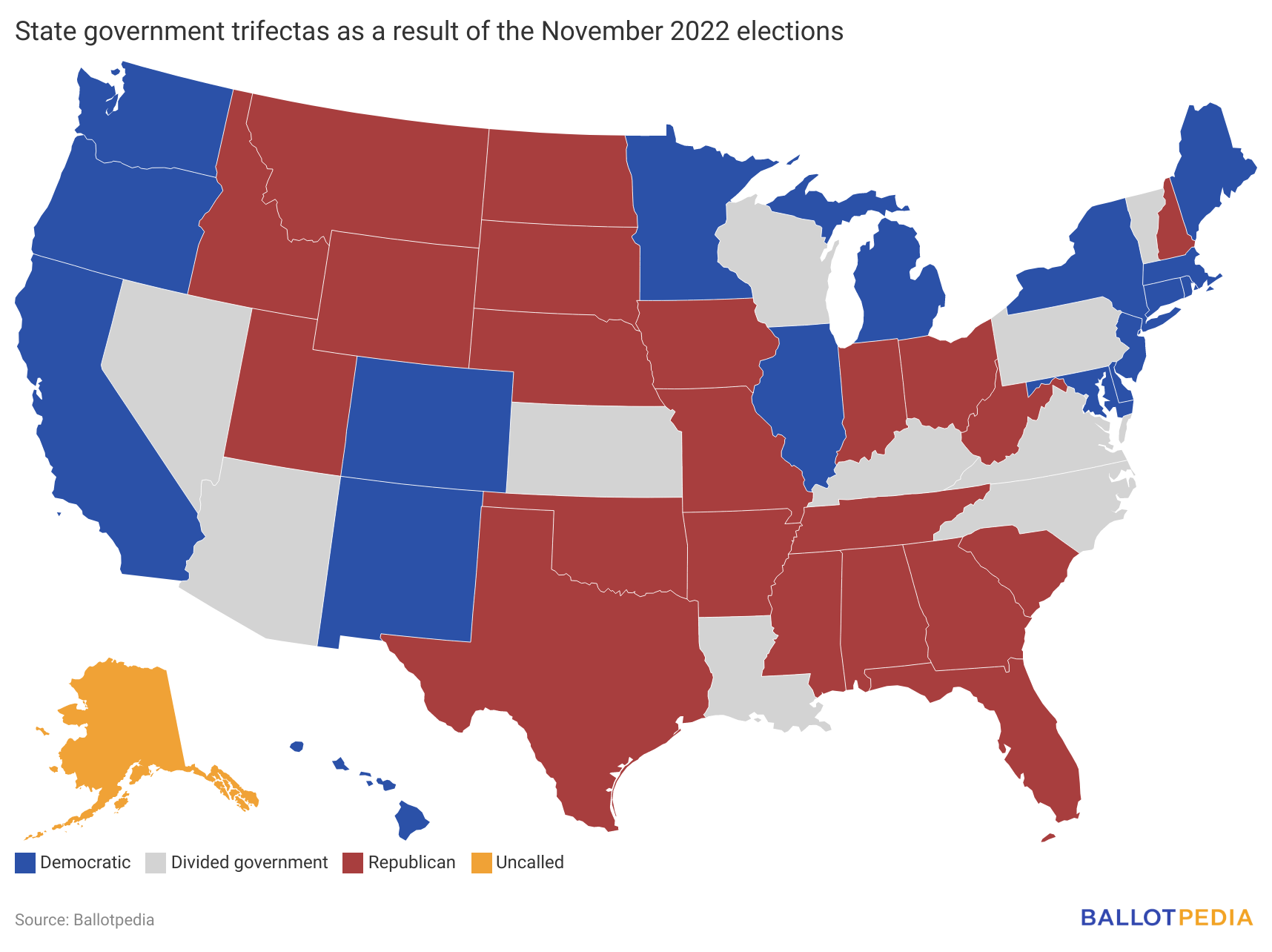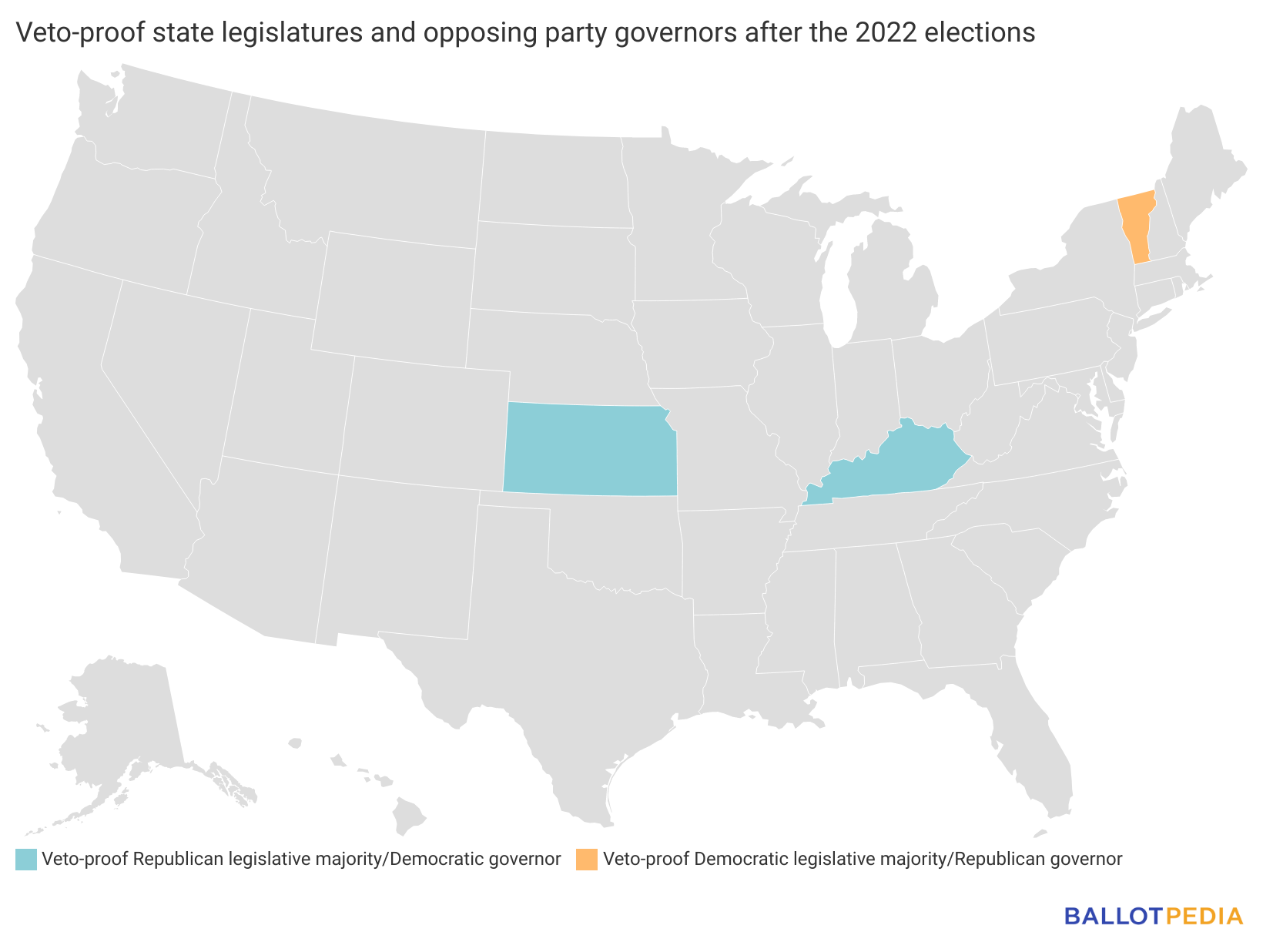Category: 2022 elections
-
Alaska At-large U.S. Representative Mary Peltola re-elected

Incumbent Rep. Mary Peltola (D) defeated Sarah Palin (R), Nicholas Begich III (R), and Chris Bye (L) in the general election for Alaska’s at-large congressional district. Peltola, Begich, Palin, and Tara Sweeney (R) had advanced from the Aug. 16 top-four primary. Sweeney subsequently withdrew from the race, meaning Bye, the fifth-place finisher, advanced. The Alaska…
-
Alaska Governor Mike Dunleavy re-elected

Incumbent Republican Gov. Mike Dunleavy defeated Les Gara (D), Charlie Pierce (R), and Bill Walker (I) in the general election for governor of Alaska. The four candidates advanced from the top-four primary on Aug. 16. Dunleavy’s victory means that Alaska retains its status as a Republican triplex. The Alaska Division of Elections released unofficial results…
-
Raphael Warnock (D) and Herschel Walker (R) are running in the runoff for U.S. Senate in Georgia

Incumbent Raphael Warnock (D) and Herschel Walker (R) are running in the runoff election for U.S. Senate in Georgia on December 6, 2022. Warnock and Walker were the top-two vote-getters in the November 8, 2022, general election, with Warnock winning 49.4% of the vote to Walker’s 48.5%. Libertarian Chase Oliver won 2.1% of the vote…
-
Raphael Warnock (D) and Herschel Walker (R) are running in the runoff for U.S. Senate in Georgia

Incumbent Raphael Warnock (D) and Herschel Walker (R) are running in the runoff election for U.S. Senate in Georgia on December 6, 2022. Warnock and Walker were the top-two vote-getters in the November 8, 2022, general election, with Warnock winning 49.4% of the vote to Walker’s 48.5%. Libertarian Chase Oliver won 2.1% of the vote…
-
Incumbent Doug La Follette (D) elected to 12th term as Wisconsin secretary of state

Incumbent Doug La Follette (D) defeated Amy Loudenbeck (R), Neil Harmon (L), and Sharyl McFarland (G) in the election for Wisconsin secretary of state on Nov. 8, 2022. County canvass results published by the Wisconsin Elections Commission on Nov. 21 showed that La Follette had received 7,442 votes more than Loudenbeck, a 0.3 percentage point…
-
Incumbent Maggie Toulouse Oliver (D) defeated Audrey Mendonca-Trujillo (R) and Mayna Myers (L) in the general election for New Mexico Secretary of State on November 8, 2022

Incumbent Maggie Toulouse Oliver (D) defeated Audrey Mendonca-Trujillo (R) and Mayna Myers (L) in the general election for New Mexico Secretary of State on November 8, 2022. Toulouse Oliver was first elected to this position in 2016. According to The Albequerque Journal, her campaign focused on “voter accessibility, campaign finance transparency, and fighting election disinformation.”…
-
Seth Magaziner (D) defeated Allan Fung (R) and Bill Gilbert (I) in the general election to represent Rhode Island’s 2nd Congressional District

Seth Magaziner (D) defeated Allan Fung (R) and Bill Gilbert (I) in the general election to represent Rhode Island’s 2nd Congressional District in the U.S. House of Representatives on November 8, 2022. Incumbent Jim Langevin (D) announced on January 18, 2022, that he would not seek reelection after eleven consecutive terms in office, creating an…
-
Seven new U.S. senators and 77 new U.S. representatives won election to the 118th Congress

As of November 16, 2022, 84 new members have won election to the 118th Congress, including seven U.S. senators and 77 U.S. representatives. For comparison, 71 new members were elected to Congress in the 2020 election and subsequent runoffs, including nine U.S. senators and 62 U.S. representatives. 102 new members were elected to Congress in…
-
Democrats gain three trifectas, Republicans lose one in 2022 elections

As a result of the 2022 elections, there will be at least 22 Republican trifectas, 17 Democratic trifectas, and 10 divided governments where neither party had trifecta control. Alaska’s trifecta status remains unclear. Before the election, Alaska was under divided government. State government trifecta is a term to describe single-party government, when one political party…
-
Three states to have veto-proof legislative majority and governor of the opposing party

Two of four states heading into the 2022 elections that had a veto-proof legislative majority and governor of the opposing party—Kentucky and Kansas—maintained that status after the elections. Vermont became a state with a veto-proof legislative majority and opposing-party governor as a result of the 2022 elections. Maryland and Massachusetts will no longer have a veto-proof legislative majority and governor…

